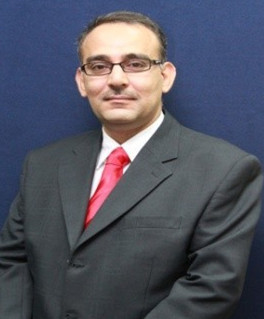Abstract—Indonesia is facing a huge pressure from
increasing the demand of energy due high economic growth and
a growing middle income population. The increase in oil
consumption cannot be matched by domestic production, since
2004 Indonesia has been recorded as an importer of crude oil.
Meanwhile, the development of new and renewable energy has
not gone as expected. Indonesia as an archipelago with a
coastline of more than 80 thousand kilometers has great
potential in developing alternative energy made from seaweed
raw materials. Abundant seaweed production in Indonesia has
the potential to be developed as an alternative energy in the
future. The advantage of seaweed as a renewable energy comes
from the relatively fast production of seaweed, there is no
competition in agricultural land, and low emissions (clean
energy). This study aims to determine the potential of seaweed
as a renewable energy source and find alternative fiscal policies
for its development into renewable energy, especially from
seaweed. The methodology used is descriptive exploration in the
form of descriptions and explanations about the phenomena
that occur in the development of seaweed as an alternative to
renewable energy in Indonesia. Incentives for seaweed farmers
can be provided through government spending in the form of
subsidies or social assistance for planting seaweed that absorbs
carbon. Meanwhile, seaweed bioethanol producers can be given
tax incentives for creating low-emission fuels especially those
made from seaweed.
Index Terms—Alternative energy, seaweed, fiscal policy.
The authors are with the Center of State Revenue Policy, Fiscal Policy
Agency, Ministry of Finance of the Republic of Indonesia (e-mail:
denmase.purwoko@gmail.com, 3wibowo@gmail.com).
[PDF]
Cite: Tri Wibowo and Purwoko, "Fiscal Policy to Support the Development of Seaweed as Renewable Energy in Indonesia," Journal of Clean Energy Technologies vol. 8, no. 1, pp. 1-4, 2020.


